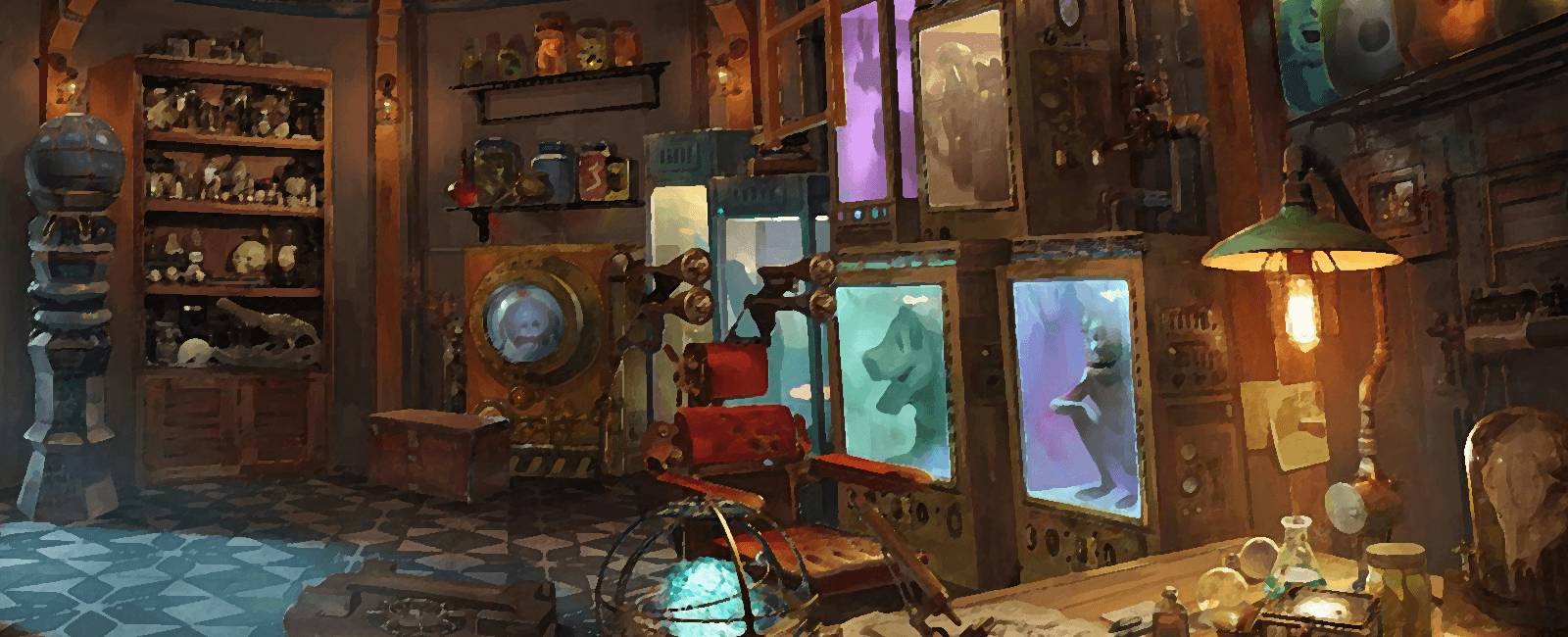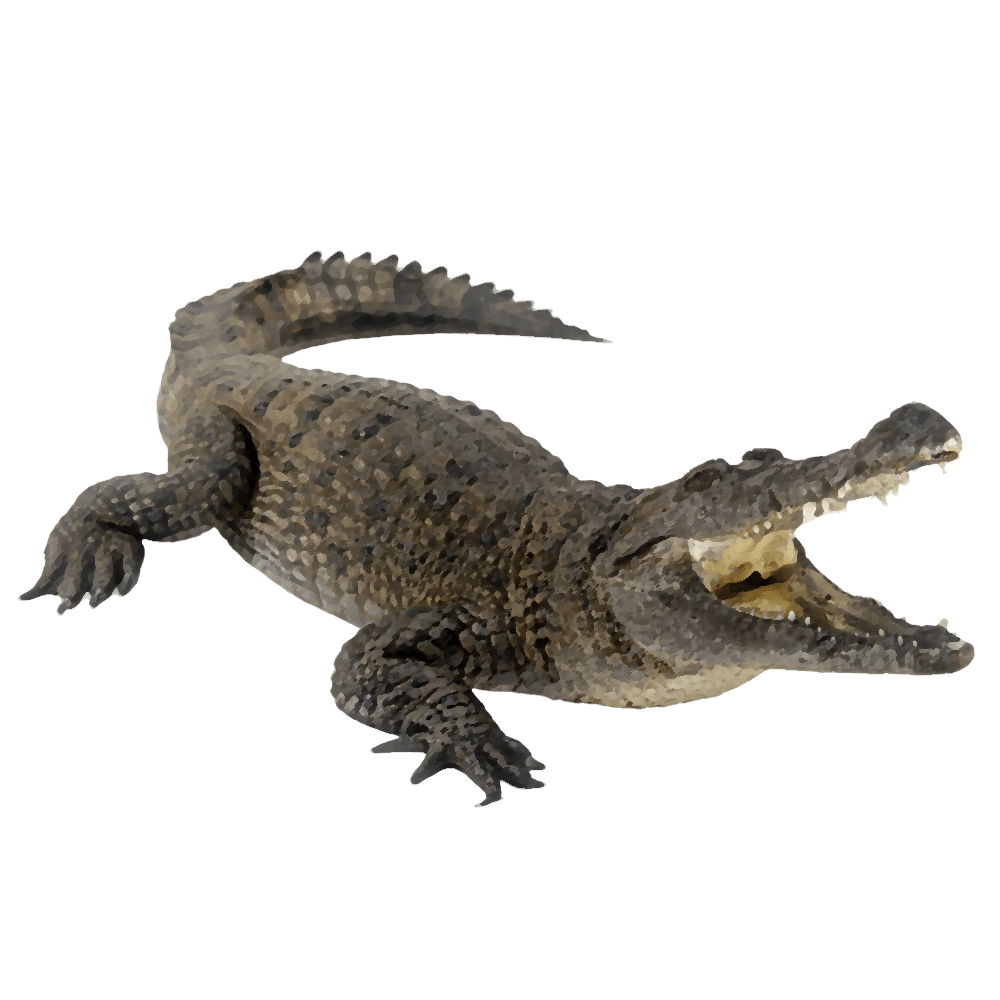Crocodile
A crocodile is a large amphibious reptile. It lives mostly in large tropical rivers, where it is an ambush predator. The crocodile can snap its jaw shut quickly and with much power. But crocodiles have very little strength opening their jaws and a person could hold the jaw shut with their hands. Crocodiles range in size from the dwarf sesanise crocodiles that measure rarely over 5 feet (1.5 m) to giant athosian crocodiles which can approach 68 feet (20 m).
Basic Information
Dietary Needs and Habits
Crocodiles are ambush predators, waiting for fish or land animals to come close, then rushing out to attack. Crocodiles mostly eat fish, amphibians, crustaceans, molluscs, birds, reptiles, and mammals, and they occasionally cannibalize smaller crocodiles. What a crocodile eats varies greatly with species, size and age.
Being cold-blooded predators, they have a very slow metabolism, so they can survive long periods without food. Despite their appearance of being slow, crocodiles have a very fast strike and are top predators in their environment, and various species have been observed attacking and killing other predators such as sharks, big cats and even monstrosities.
Additional Information
Uses, Products & Exploitation
Crocodiles have the most acidic stomach of any vertebrate. They can easily digest bones, hooves and horns. Intact and sealed stomachs of crocodiles are highly prized among alchemists and rare specimens can sell for large sum.
Geographic Origin and Distribution
Crocodiles are common in all wet areas of Edora south of Central Amadels, with some subspecies reach as far north as the Gold Coast.
Current Date: 2nd of Latsum, 1572
Lifespan
70 - 180 years
Average Weight
881 lb (400 kg) - 6,615 lb (3,000 kg)
Average Length
5 feet (1.5 meters) - 68 feet (20.7 meters).
Geographic Distribution




Comments